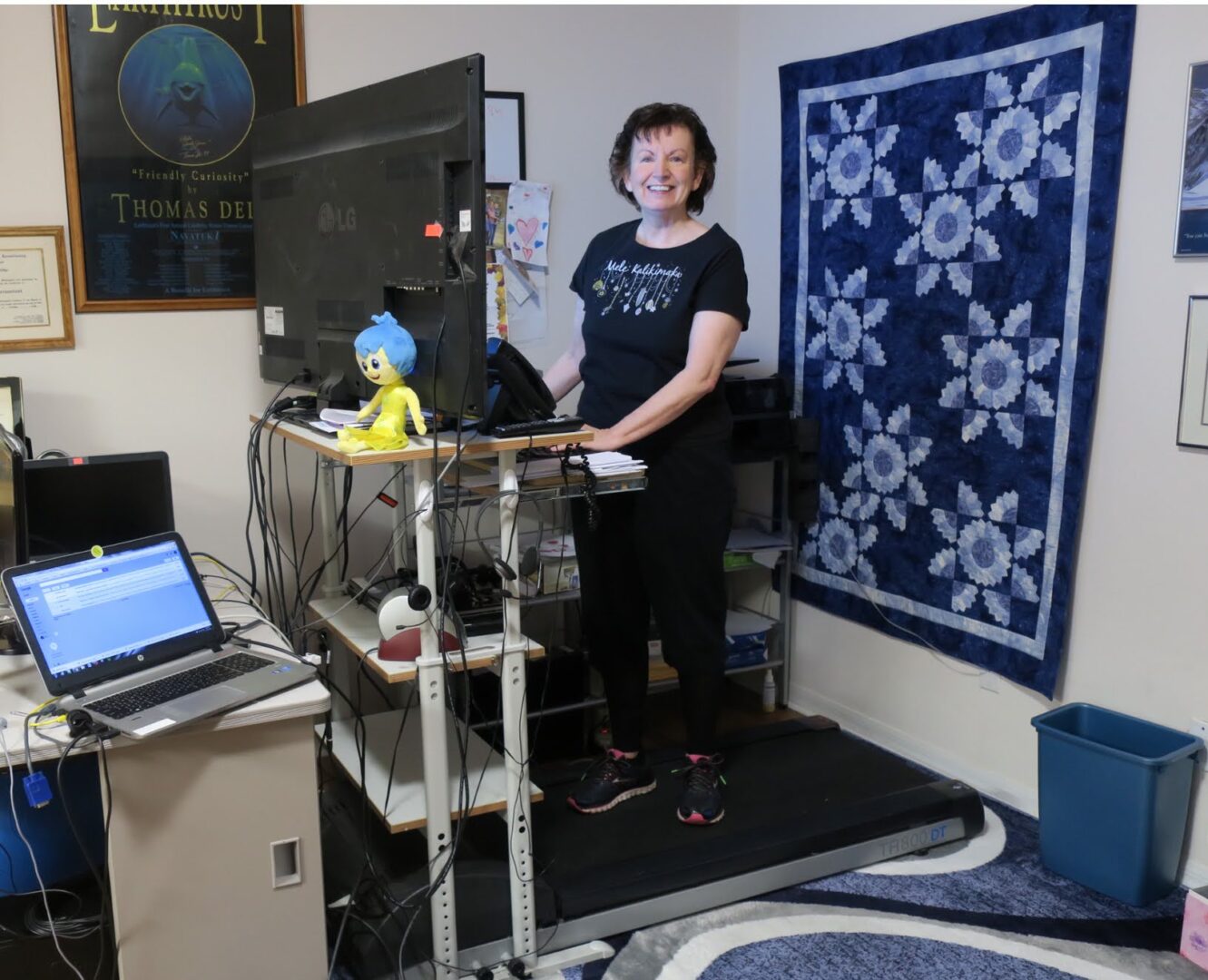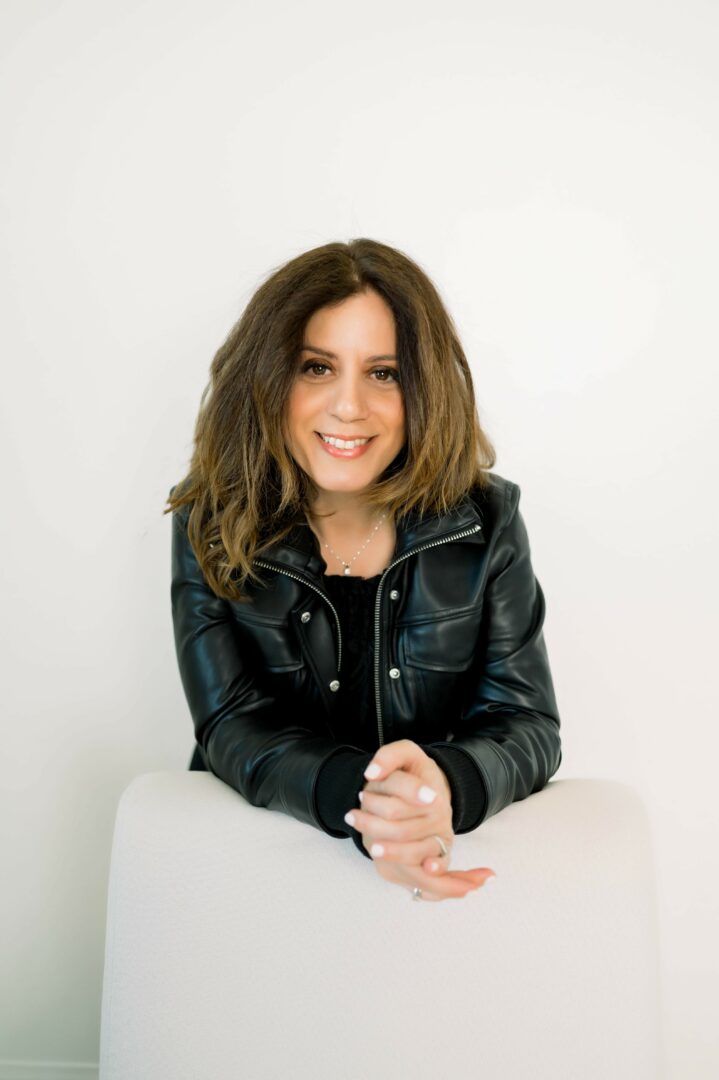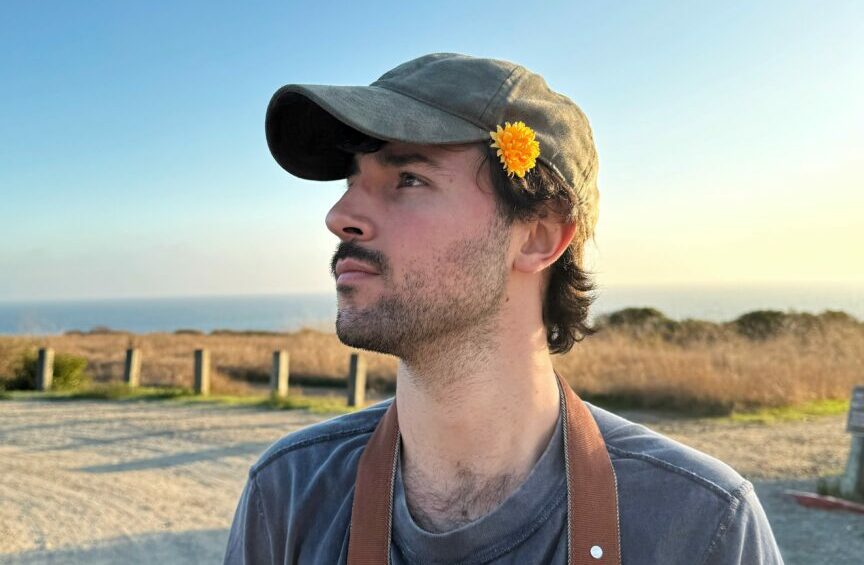We caught up with the brilliant and insightful Sandi Jerome a few weeks ago and have shared our conversation below.
Alright, so we’re so thrilled to have Sandi with us today – welcome and maybe we can jump right into it with a question about one of your qualities that we most admire. How did you develop your work ethic? Where do you think you get it from?
My work ethic comes from both sides of my family heritage. My father, Larry Cook, was Cherokee and worked in construction—a demanding field that taught me the value of showing up every day and putting in honest, hard work regardless of the conditions. My mother, Rita Nellesen Cook, was a second-generation Dutch, Danish, and German immigrant who embodied the discipline and dedication that runs deep in Germanic culture. She actually received an award for never missing a day of school—a testament to her belief that commitment means following through, no matter what. She was as strong as an ox!
These influences shaped how I’ve approached every phase of my career. When I was a computer consultant and then started my own technology company, DealerStar, in 2006, I regularly worked 14-hour days because I understood that building something meaningful requires that kind of dedication. My parents showed me that success isn’t about talent alone—it’s about showing up consistently and doing the work.
Today, as a writer, I still live by those principles. I get up early every morning at 4AM and write, treating my craft with the same respect that my father brought to construction sites and my mother brought to her education. Whether I’m working on screenplays, writing YA middle-grade fiction, or collaborating with a producer on a book adaptation, my Cherokee and German heritage instills in me a work ethic that focuses on results rather than money.
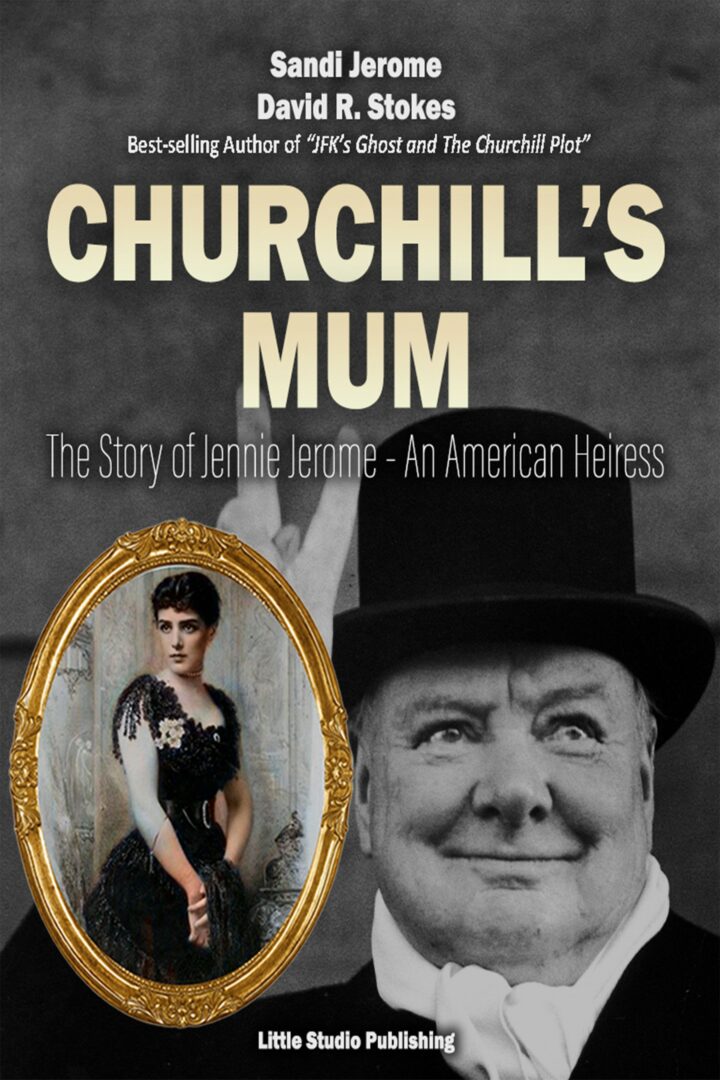
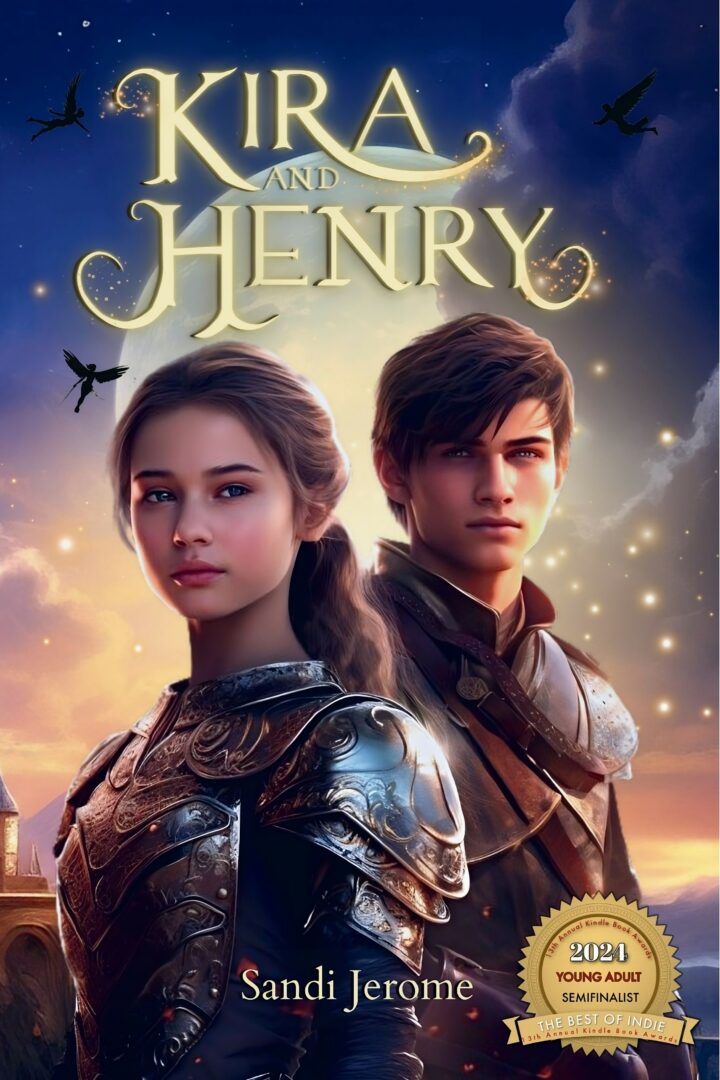
Appreciate the insights and wisdom. Before we dig deeper and ask you about the skills that matter and more, maybe you can tell our readers about yourself?
I’m a multi-hyphenate storyteller who bridges the worlds of technology, literature, and screenwriting. As both a published author and professional screenwriter, I specialize in what I call “grounded sci-fi” – stories that explore how technology intersects with human experiences in realistic, near-future scenarios. My unique background as a former CPA, software company owner, and member of the Cherokee Nation provides me with a distinctive perspective that infuses authenticity into every project I undertake.
Currently, I’m represented by Alexia Melocchi and have five screenplays in active development, including “Hijacked” (about the FedEx Flight 705 attack), which is being produced by Helicopter Productions and AB Entertainment, and “Runaway Cricket,” an animated musical in production with BlackOrb Studios. What excites me most is seeing stories come to life – whether it’s adapting a gripping non-fiction book into a faith-based thriller or creating original Native American characters that break stereotypes and celebrate our rich cultural heritage.
My Brand Philosophy
In my previous life running a technology company, we had a saying: “You can have it quick, good, or cheap – pick two.” My brand as a writer flips this entirely. I pride myself on being all three: quick because I write ten pages every morning and can deliver scripts rapidly; good because I’m UCLA-trained with strong technical skills and decades of life experience; and affordable because getting great stories produced matters more to me than maximizing profit. This combination has made me incredibly valuable to producers who need reliable, quality work delivered on tight deadlines.
What’s New and Exciting
I’m thrilled to be a two-time Native American Media Alliance Fellowship winner, which led to my TV pilot “Technically Soccer” – a Ted Lasso-meets-AI comedy about a women’s professional soccer team getting a robot coach. It’s being developed into a series by Little Studio Films. I’m also expanding into the literary world, working with renowned Churchill expert David R. Stokes on “Churchill’s Mum – The Story of Jennie Jerome,” a book/series project inspired by my husband’s Jerome family that explores the connection between Winston Churchill’s victory in World War II and his American mother, my husband’s fifth cousin. What I find most meaningful is using my platform to tell authentic Native American stories. My middle-grade novel “Sleep Warrior,” based on my actual Cherokee ancestors, is on Coverfly’s Red List, and I’ve written several screenplays featuring wolves (real ones, not werewolves!) that draw from Cherokee spiritual traditions. As someone from the Wolf Clan, I’m passionate about creating Indigenous characters that are memorable, engaging, and completely non-stereotypical.
Looking Forward
After selling my software company two years ago, I finally have the freedom to write full-time – something I’ve dreamed of for twenty years. I write on my treadmill desk (getting my daily 5K while crafting stories), and absolutely love this life. Whether I’m adapting books into screenplays, developing TV series, or writing young adult novels, every project is an opportunity to explore the question: “What if?” Then I write a story.
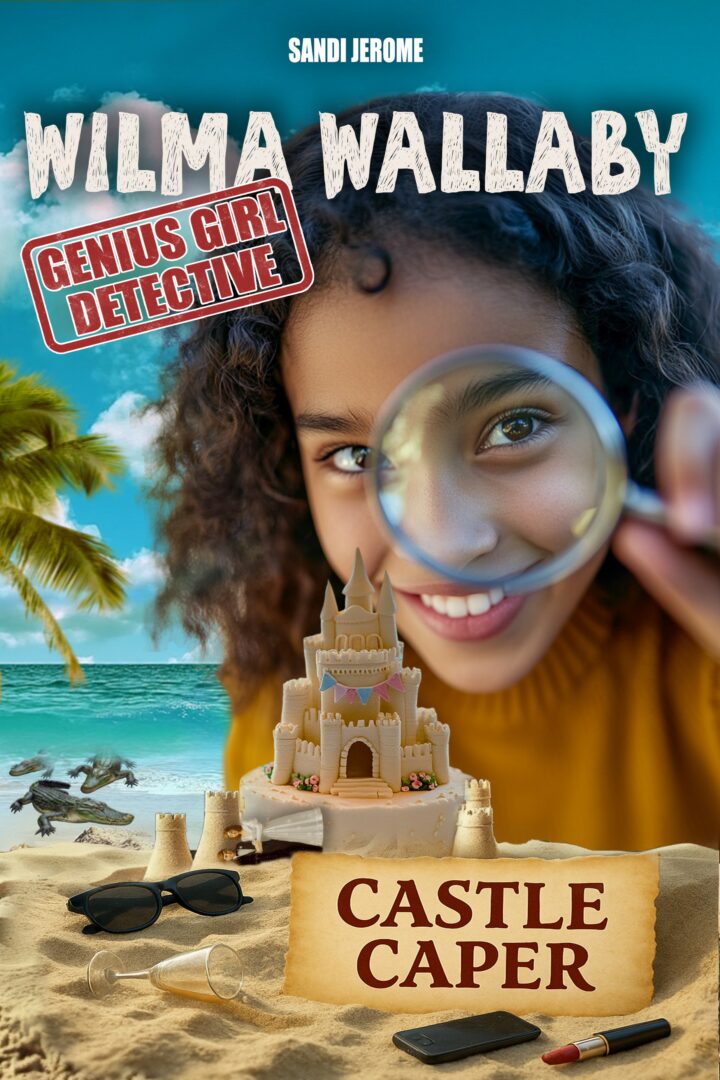
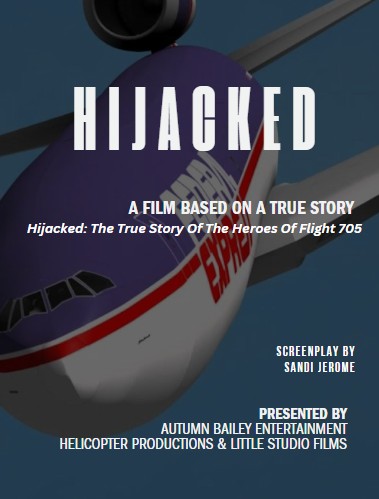
There is so much advice out there about all the different skills and qualities folks need to develop in order to succeed in today’s highly competitive environment and often it can feel overwhelming. So, if we had to break it down to just the three that matter most, which three skills or qualities would you focus on?
Looking back on my transition from owning a software company to becoming a working screenwriter, three key areas made all the difference:
1. Formal Education and Continuous Learning. The most transformative decision I made was completing UCLA’s Advanced Screenwriting Program. Even though I was already a successful CPA and software consultant earning $3,500-$5,000 a day, I knew I needed proper training to acquire the talent I wasn’t born with. My legacy instructors, Jack Sowards (who wrote Star Trek: The Wrath of Khan) and Jim Schmerer (MacGyver, CHiPs, Fantasy Island), told my classmate, Dana, and me that we were the best writers in our graduating class, which encouraged us to continue. For anyone starting out, if UCLA isn’t accessible, consider exploring online programs or local screenwriting courses, or purchase a great book, later this year, that I wrote with my manager, Alexia Melocchi, on screenwriting, “The Heart of Show Business.”
2. Technology Mastery as a Competitive Advantage. My programming background became my secret weapon. I learned Final Draft and have mastered it completely – this software fluency allows me to focus entirely on storytelling rather than fighting with formatting. I’ve used Google Docs extensively for collaboration with producers and my manager, making the revision process seamless and efficient. Most importantly, I’m now embracing AI tools like Claude and Gemini for research and story development. AI isn’t replacing writers – it’s enabling us to write faster and better. For someone like me who’s “a quart low” on raw artistic talent, AI is opening up possibilities I never imagined, particularly in animation, where I can finally express my visual storytelling ideas. My advice: master your tools thoroughly, adopt new technology early, and utilize it to amplify your strengths rather than replace your creativity.
3. Relentless Persistence Combined with Strategic Adaptation. This business requires an almost irrational level of persistence. I’ve been writing for twenty years, entered 129 contest submissions (yes, I was a contest junky), and collected countless rejections before finding success. But the key was learning from every “no” and adapting my approach. When producers told me that original scripts were hard to sell without an existing IP, I adapted my screenplay, “Blood Moon Wolf,” into a YA novel. When I realized the industry was risk-averse, I started writing book adaptations. I write ten pages every day – no exceptions. Remember: you don’t have to be naturally gifted to succeed in this industry. You need to be trained, prepared, persistent, and smart about leveraging every available advantage.
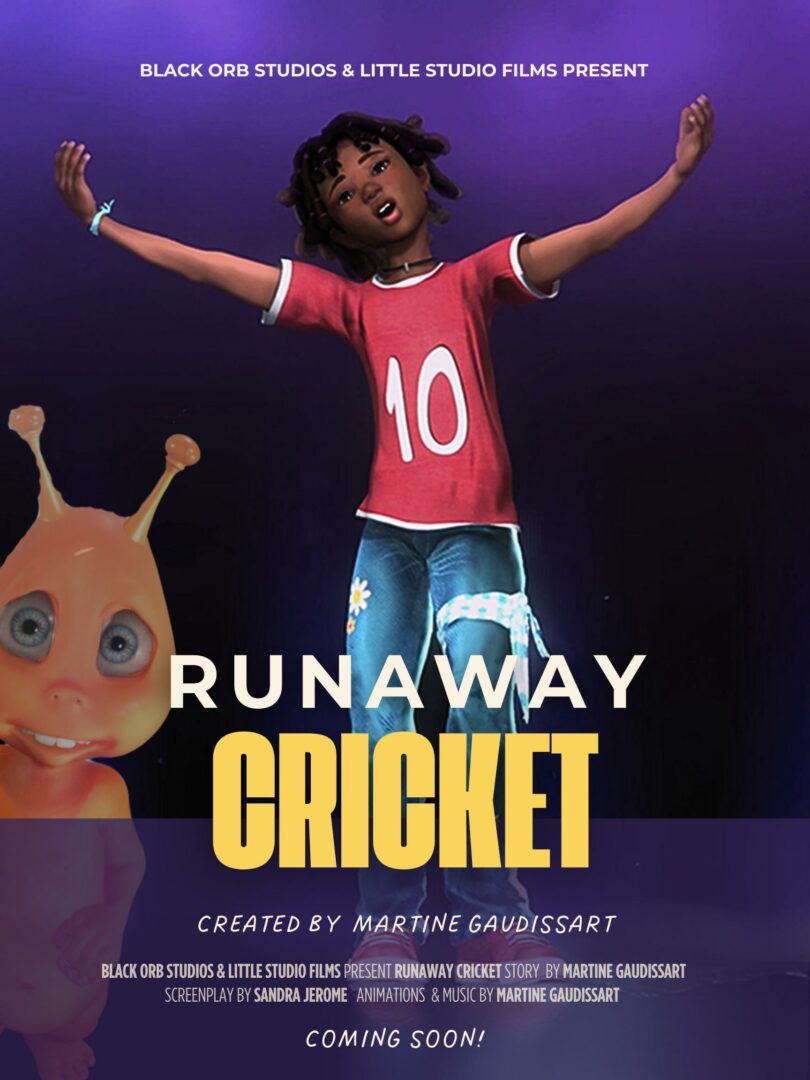
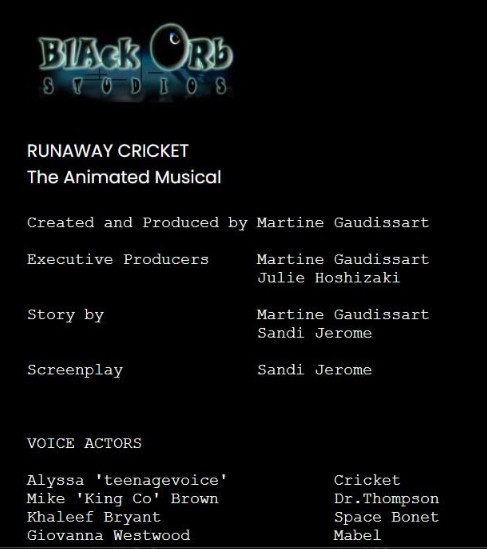
Alright, so before we go we want to ask you to take a moment to reflect and share what you think you would do if you somehow knew you only had a decade of life left?
If I had only a decade left, I’d write. That’s it – I’d simply keep doing exactly what I’m doing now. I’ve already had my adventures – I flew over 200,000 miles a year during my consulting days, traveling the world and seeing everything I wanted to see. I’ve built businesses, raised granddaughters, and checked off the traditional bucket list items. But writing isn’t just my career – it’s my hobby, my passion, my reason for getting up at 4 AM every morning. For me, “Writing is Life.” I disappear into a creative cloud when I’m crafting a screenplay, living completely in my characters’ worlds. Whether I’m adapting a gripping aviation thriller, creating authentic Cherokee characters, or developing a comedy about robot soccer coaches, every story presents an opportunity to explore the infinite possibilities of “what if?” I’d spend those ten years doing what makes me happiest: telling stories that matter, bringing characters to life, and hopefully seeing a few more of my projects make it to the screen. The rest of the world can keep their exotic destinations – I’ve found my paradise at my treadmill desk, creating new worlds one page at a time.
Contact Info:
- Website: https://sandrajerome.com
- Instagram: https://www.instagram.com/sandijerome/?hl=en
- Facebook: https://www.facebook.com/SandiCookJerome/
- Linkedin: https://www.linkedin.com/in/sandi-jerome-3886246/
- Twitter: https://twitter.com/sandicookjerome
- Youtube: https://www.youtube.com/sandijerome
- Other: IMDB – https://www.imdb.com/name/nm14829904/
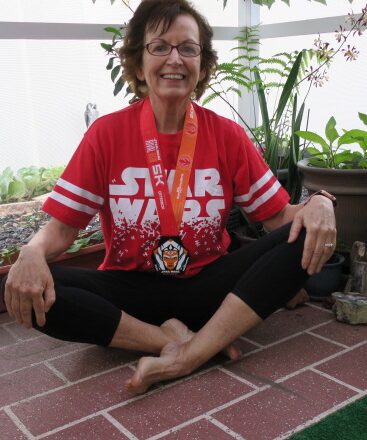
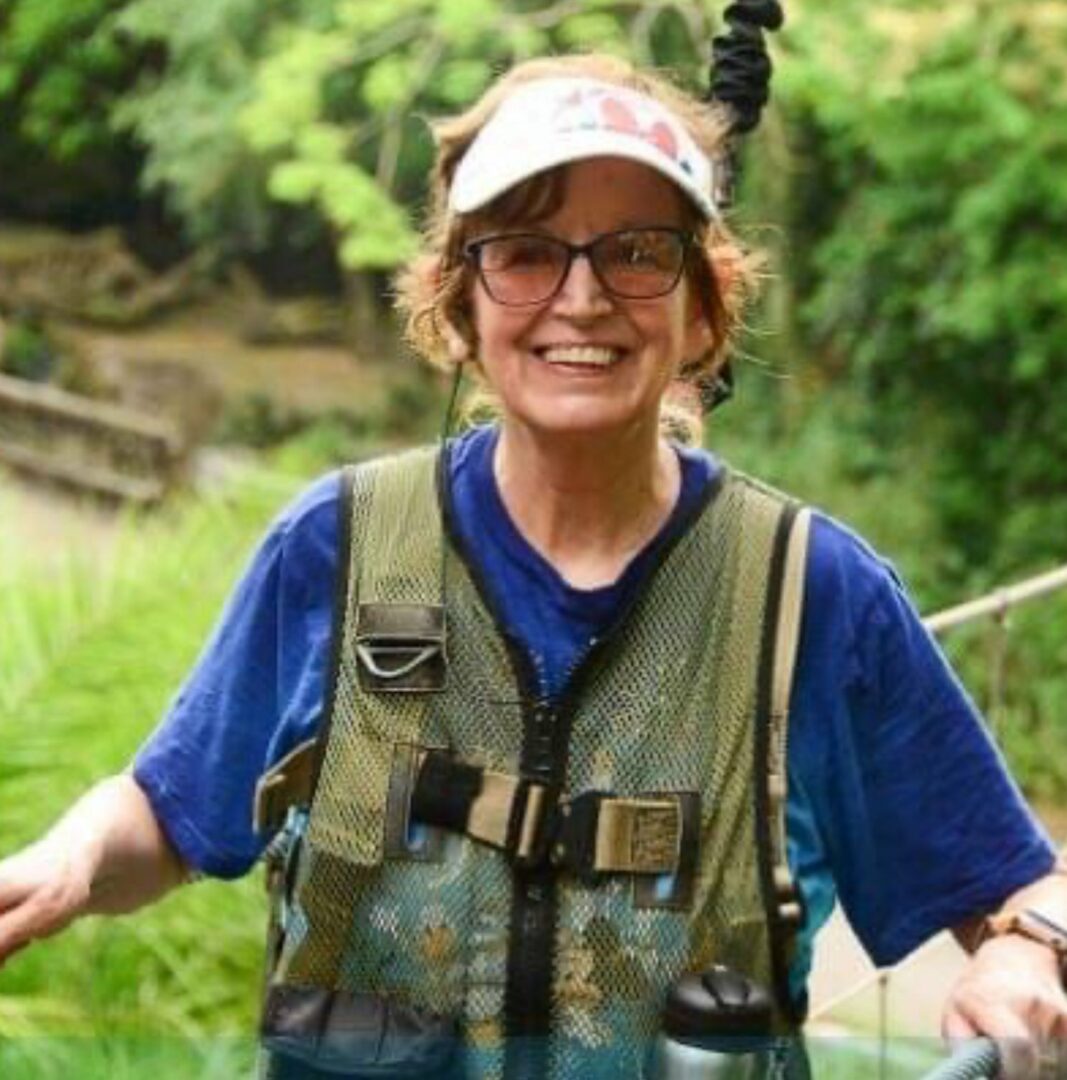
Image Credits
Keith Jerome
so if you or someone you know deserves recognition please let us know here.

